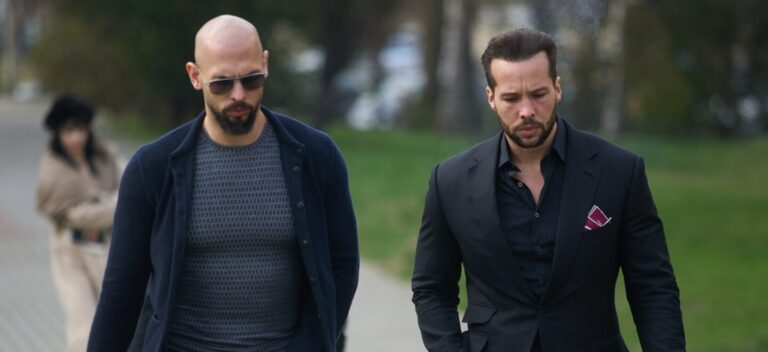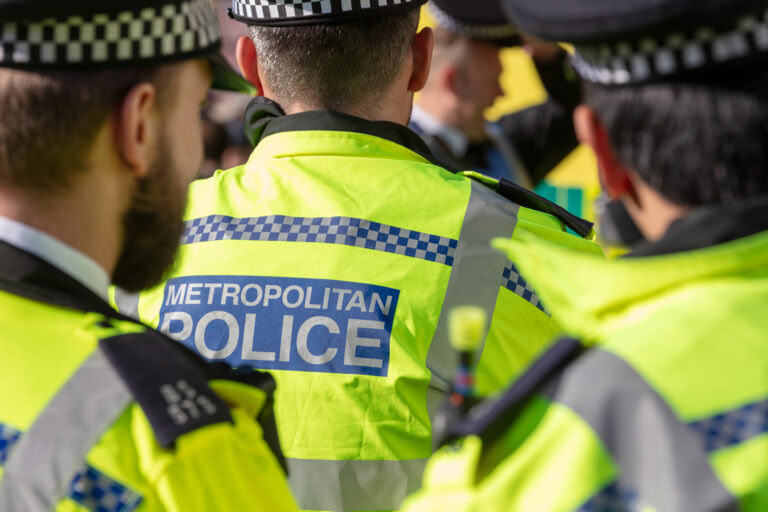A great victory for victims of child abuse in the High Court
Whether a religious organisation can ultimately be held vicariously liable for the deliberate acts of child abuse by one of their priests has long been an issue debated in the courts.
This has recently been addressed by the High Court in the case of JGE v (1) English Province of Our Lady of Charity (2) Trustees of the Portsmouth Roman Catholic Diocesan Trust (2011). In this case the Claimant argued that the Trustees of the Portsmouth Roman Catholic Diocesan Trust were vicariously liable for the sexual abuse she suffered at the hands of one of their priests (who is now deceased).
Historically vicarious liability applies to employer/employee relationships where an employer can be liable for the wrongs committed by an employee acting in the course of his employment, even though the employer themselves have done nothing wrong.
In this case the diocese argued that they should not be vicariously liable for the abuse the priest committed because he was not their employee. In particular they highlighted that there was no contract of employment between them, the priest did not receive financial support from the diocese by way of a salary, the diocese had no control over how the priest conducted his ministry on a day to day basis and the diocese had no power to dismiss the priest.
Whilst the Court agreed that the relationship between the diocese and the priest was different from an employer/employee relationship, they concluded that this did not automatically mean that the diocese could not be vicariously liable for the actions of the priest. They looked in detail at the nature and closeness of their relationship and concluded that because the diocese had appointed the priest to a position of power and trust, they could be vicariously liable for his actions.
This decision is of particular importance to those victims who have suffered child abuse by priests who are now deceased as it means they may still have a way of claiming compensation. Unfortunately however the Defendant in this case has been given permission to appeal the High Court’s decision, so it seems that this particular battle is far from over










